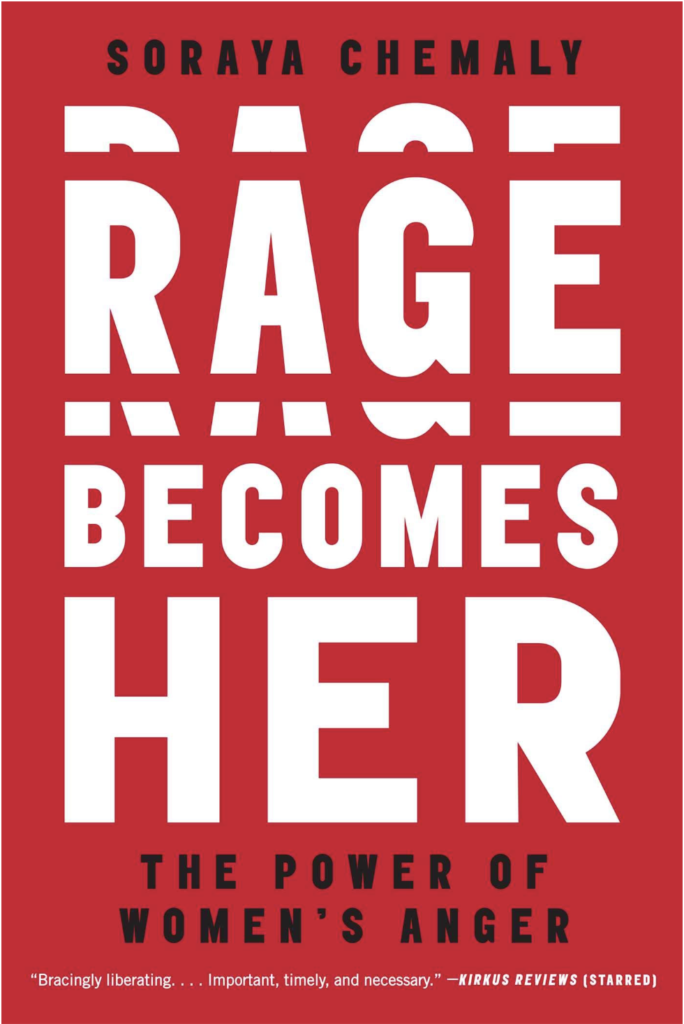
In 2021, I became someone I hardly recognized.
After living through the horrific reality of a violent sexual assault, experiencing the most gut-wrenching betrayal at the hands of someone I considered a sister, and spending 6 weeks battling to find somewhere to live, I was so full of rage I feared I would become physically ill.
I’ve said it before and I’ll say it again: The friend betrayal leading to the battle with homelessness was far worse than the sexual assault. It all happened because I was so “crazy” after having been assaulted.
I was NEVER crazy. I was traumatized. I needed support.
Somedays I still struggle to let go of how deeply it all cut. How re-victimization is so much worse than the initial act. How eager people are to blame you for something someone else did to you….
When I finally got a solid roof over my head, I SLEPT for over a solid month, nearly two.. I barely remember October of 2021 due to the emotional exhaustion of all the trauma piling up on me.
BUT, this loser of a man who inflicted trauma on me gave me a true gift: The courage to express my rage.
As women, we have been socialized to suppress our anger and keep our emotions in check. We have been conditioned to believe that expressing our anger is unbecoming and unacceptable. However, the truth is that repressing our anger can lead to physical and emotional health problems.
Brene Brown, everyone’s favourite renowned author and researcher, once said, “Anger is a catalyst. Holding on to it will make us exhausted and sick. Internalizing anger will take away our joy and spirit; externalizing anger will make us less effective in our attempts to create change and forge connections.”
Repressing our anger can lead to physical and emotional health problems. When we bottle up our emotions, the tension in our bodies increases, leading to headaches, muscle tension, and digestive problems. Long-term repression of anger can also cause high blood pressure, heart disease, and chronic pain. Women are particularly vulnerable to these health problems because of societal expectations that we should always be polite, accommodating, and pleasant, regardless of the circumstances. This pressure to conform to societal expectations can lead to self-silencing, a phenomenon where women suppress their true feelings and opinions to avoid conflict or being perceived as difficult.
Unfortunately, many women turn to alcohol or substances to numb their feelings and repress their anger. Drinking alcohol may seem like a temporary solution to deal with stress or anger, but it can ultimately make the problem worse. According to the National Institute on Alcohol Abuse and Alcoholism, women are more susceptible to the negative effects of alcohol than men because of their smaller body size, lower body water content, and differences in hormones and enzymes that metabolize alcohol. Drinking alcohol can exacerbate physical and emotional health problems associated with repressing anger, including depression, anxiety, and chronic pain. Additionally, alcohol can be addictive and lead to long-term health problems such as liver disease, heart disease, and cancer.
Simply put: You can’t outdrink your rage. You can’t numb it forever.
The good news is that expressing our anger in healthy ways can be a powerful tool for healing and transformation. Soraya Chemaly, author of “Rage Becomes Her,” has written extensively about the importance of women’s anger. She believes that our anger is a reflection of our passion for justice and our refusal to be silent in the face of oppression and violence. Our anger can motivate us to speak up, take action, and create change.
This is exactly what I did when I launched a 6 month long daily photo project that catapulted me into the most intensely healing period of my life.
When I took to Instagram to share the injustices I had experienced, I held nothing back. I publicized the rape, the re-victimization, the betrayal, the scam that led to my battle with homelessness, and every feeling I had about these traumas.
I spent the entirety of 2022 standing up to the people responsible for all of it. I got two cease and desist letters from people who thought I’d never have the courage to speak up….
Phyllis Chesler, author of “Women and Madness,” teaches that we need to learn to speak up for ourselves, say “no” when we need to, set boundaries, and express our emotions in healthy ways. One way to do this is through writing. Writing can help us process our emotions and gain a better understanding of our anger. Art is a therapeutic processing tool, and another way is through physical activity. Exercise is a great way to release pent-up anger and frustration.
It’s time for us as women to reclaim our anger and use it as a tool for healing and transformation. We need to acknowledge and accept our anger and learn to express it in healthy ways. As Soraya Chemaly says, “Our rage can be a force for good, propelling us to speak up, take action, and create change.”
So, I urge you, dear women, to embrace your anger and use it to create positive change in your life and the world around you. Hold your abusers accountable, and don’t let anyone tell you that your anger is invalid or unacceptable. Remember that your anger is a reflection of your passion, your strength, and your refusal to accept the status quo.
With love and solidarity,
Jade
You sound like a remarkable Women! Thank you for sharing your story!